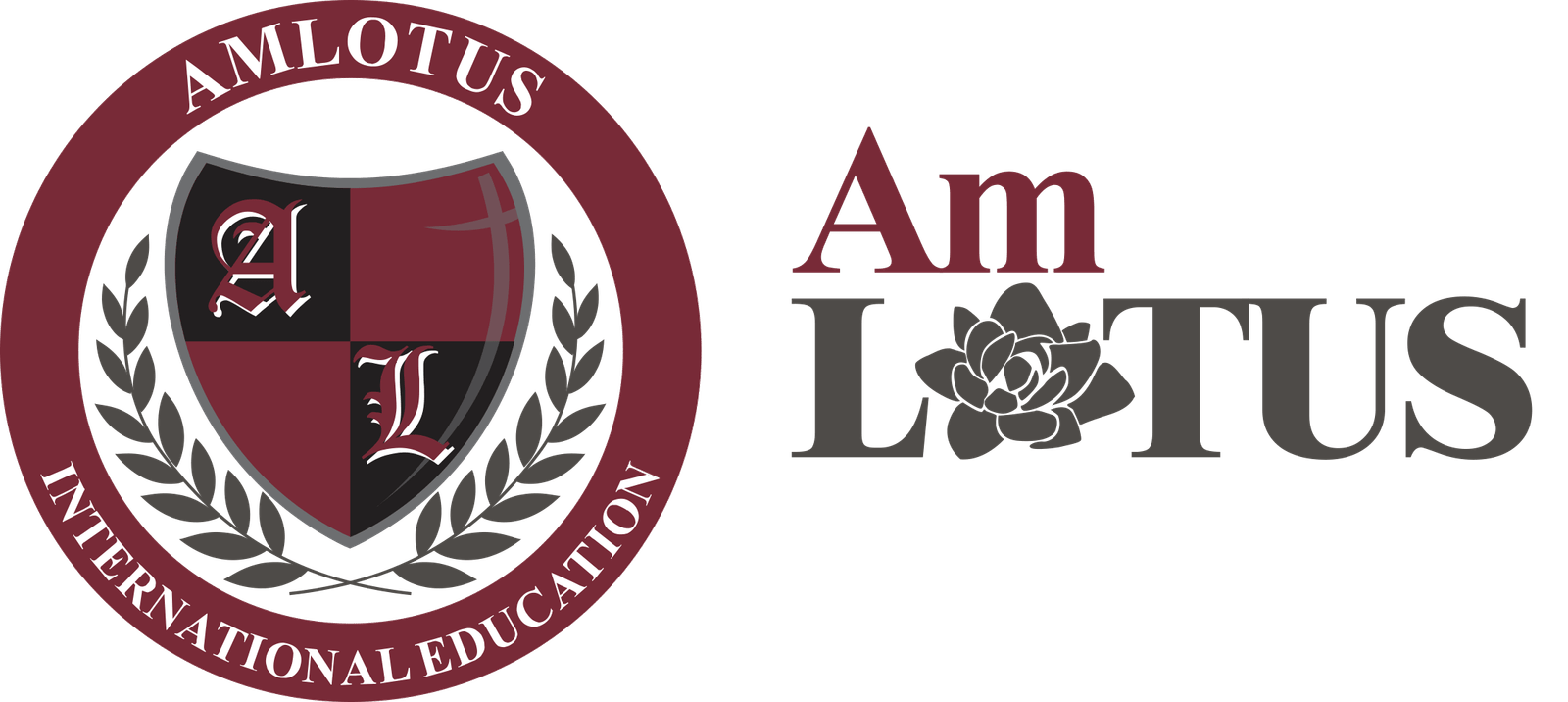The Language of Love: Discover How Learning a New Language Deepens Connections

Learning a new language isn’t just about picking up words and grammar. It’s about opening doors to new friendships, understanding different cultures, and seeing the world in a fresh way. When you speak to someone in their own language, you connect on a whole new level. It’s like finding a hidden key to deeper relationships and experiences. Let’s explore how learning a language can bring us closer together.
Key Takeaways
-
Language learning helps build strong connections with people from different backgrounds.
-
It boosts brain power, improving memory, creativity, and concentration.
-
Understanding a new culture through its language fosters empathy and tolerance.
-
Speaking another language can increase your confidence by embracing mistakes.
-
Traveling with language skills allows for a deeper connection with local cultures.
Building Bridges Through Language
Language is a bridge connecting us deeply. Learning a new language opens a world of connections and experiences. Speaking in someone’s native tongue feels like a secret handshake of understanding. This connection transcends words and embodies human interaction. Every language embodies culture and history. Learning a language offers insights into traditions and customs, acting as a cultural exchange without travel. You gain different perspectives and understand people’s actions, like a backstage pass to the world. Speaking someone’s language shows respect for their culture, breaking barriers and building trust. It fosters understanding and compassion in a divided world. Connecting personally through language is amazing; it’s a bridge to empathy.

Learning a new language is a mental exercise that boosts memory and problem-solving. Bilinguals remember information better and tackle problems more easily because of enhanced cognitive skills. This flexibility helps in many areas of life. Language learning encourages fresh thinking, increases creativity, and sharpens focus and concentration, leading to creative solutions. As we grow older, keeping our cognitive health is crucial. Research indicates that being bilingual can postpone cognitive decline and conditions like dementia. By actively engaging your brain through language learning, you can help maintain its function and vitality. This ongoing mental workout not only enriches your life but also supports your overall well-being. Learning a new language is like unlocking a door to a more lively and engaged mind. It’s a journey that keeps your brain sharp and your curiosity alive. Embracing multiple languages improves communication and cognitive skills, aiding personal and mental development. Studies suggest that multilingual children may possess better executive function and perspective-taking abilities, highlighting the influence of language learning on cognitive growth.
Cultural Appreciation Through Language
Learning a new language enhances understanding of diverse cultures and traditions. It connects you to their history and lifestyle, making cultural practices more meaningful. For instance, knowing the language of songs at a festival enriches the experience. Language bridges cultural identity. Language learning promotes empathy and tolerance, allowing you to view the world from others’ perspectives. This shift fosters patience and understanding, essential in our interconnected world. It’s not just about memorizing words; it’s a new way of thinking that builds cultural ties and friendships across borders. Experiencing art and literature in their original language is transformative. Translations often miss subtle meanings. Learning a new language unlocks literary works, films, and music, enhancing cultural experiences. Reading a classic novel or watching a foreign film in its original form reveals true depth, deepening appreciation and understanding of cultural context.
Language is more than just a means of communication; it’s a window into the soul of a culture, offering insights that transcend mere words.
Language as a Confidence Booster

Learning a new language opens a new world, and mistakes are part of it. Mistakes are allies in learning, teaching you more than perfection. Messing up a word or grammar rule isn’t the end; it’s a step towards improvement. Each mistake is a chance to learn and feel more comfortable with the language. Embrace, laugh, and learn from them. Language learning can be tough, often feeling like a wall, especially with tricky verbs or pronunciation. Facing these challenges builds resilience, proving you can succeed. This resilience influences other life areas, making you more patient and determined. Every small win deserves recognition. Whether it’s your first conversation or understanding a native speaker, these milestones boost confidence. They remind you of progress and motivate you. List your achievements, however minor, and reflect on them when stuck. Language learning is a journey, and every step forward is worth celebrating.
“The journey of learning a language is filled with ups and downs, but each step forward is a testament to your growth and determination.”
Incorporate elements like vocal variety and gestures to enhance your communication skills, making you more confident in expressing yourself.
Expanding Perspectives with Multilingualism
Learning multiple languages provides cultural insights and connections, showing how different cultures express humor, love, and politeness. It fosters appreciation for diversity and encourages an inclusive attitude towards language differences. Being multilingual broadens your perspective, enhancing understanding of various viewpoints and histories, making you more open-minded and empathetic. It opens doors for friendships and community engagement. In diverse settings, it strengthens relationships and encourages unity. Mastering several languages breaks down barriers, facilitating effective collaboration globally. “Language is the tool that transforms us from passive observers into active participants in the global community.” By embracing language learning, we enrich our lives and help create a more connected and understanding world. Thus, language is not just a skill; it’s a way to promote social harmony and cooperation.
Traveling with Language Skills
Traveling is more than just visiting new places; it’s about truly experiencing them. Speaking the local language lets you immerse yourself in the culture. You can talk with locals, get their jokes, and participate in community events. This enriches your travel experience and makes it more meaningful. Knowing the local language improves communication with residents, helps with navigation, and offers deeper cultural insights, making travel more rewarding. In a foreign country, knowing the language can be crucial. It helps you read signs, ask for directions, and bargain at local markets. You become more self-sufficient and confident in handling unexpected situations. It’s not just about moving from one place to another; it’s about interacting with your environment in a way that most tourists can’t. Many tourists follow the usual routes, seeing only what guidebooks suggest. But knowing the language allows you to step outside that bubble. You can find hidden treasures not listed in any travel guide, dine at local eateries with menus not in English, and build real connections with people you encounter. It transforms a simple trip into an adventure filled with surprises and new friendships.
Traveling with language skills allows you to see the world through a different lens, offering a deeper connection to the places you visit and the people you meet.
Conclusion
Learning a new language isn’t just about picking up words and grammar. It’s like opening a door to a whole new world of connections. When you speak someone else’s language, you’re not just talking; you’re showing respect and a willingness to understand their culture and experiences. It’s like saying, “Hey, I want to know you better.” This effort can turn strangers into friends and make everyday interactions more meaningful. Plus, it gives you a fresh perspective on your own language and culture. So, whether you’re traveling, working, or just chatting with someone new, knowing another language can make those moments richer and more rewarding. It’s a journey worth taking, one word at a time.
Frequently Asked Questions
How does learning a new language help you connect with others?
Learning a new language allows you to talk to more people in their own language, making it easier to form friendships and understand different cultures.
Can learning a language really make you smarter?
Yes, it can! Learning a language can improve your memory, help you solve problems better, and even make you more creative.
Why is language learning important for understanding cultures?
Language learning helps you understand the traditions and customs of different cultures, making you more empathetic and open-minded.
How does knowing another language boost your confidence?
When you learn a new language, you might make mistakes, but that’s okay! Overcoming these challenges makes you more confident and resilient.
What are the benefits of being multilingual?
Being multilingual helps you appreciate the diversity of human cultures and broadens your perspective, allowing you to see the world in new ways.
How does language learning impact travel experiences?
Knowing the local language makes traveling more exciting and immersive, allowing you to connect with locals and experience their culture more deeply.




1 Comment
Throughout this grand design of things you actually get a B+ with regard to effort. Where you actually lost us was on all the facts. As it is said, details make or break the argument.. And that could not be more true at this point. Having said that, let me say to you precisely what did work. Your authoring is definitely extremely powerful which is most likely why I am making the effort to opine. I do not make it a regular habit of doing that. 2nd, while I can see the leaps in logic you make, I am not necessarily convinced of just how you appear to connect the details which inturn help to make the final result. For the moment I will, no doubt yield to your position but wish in the near future you link the facts better.